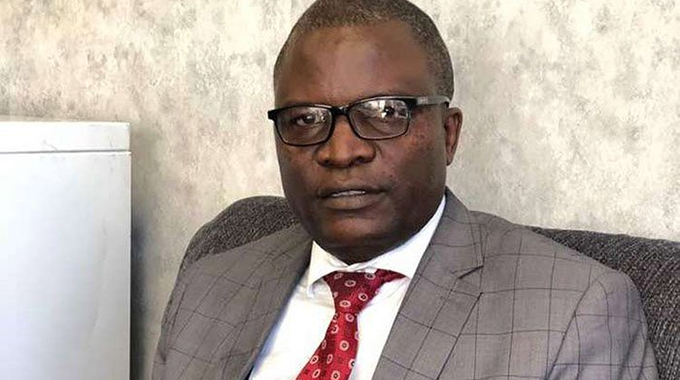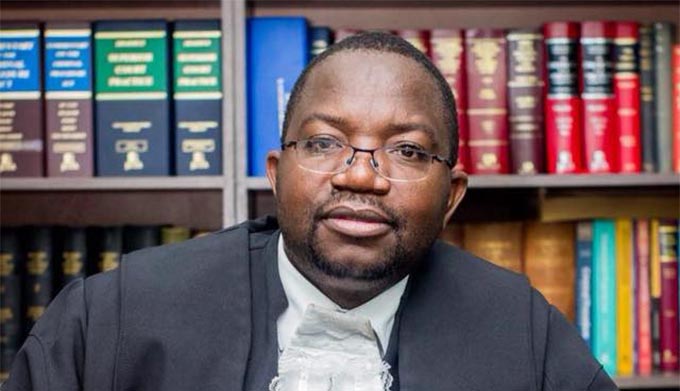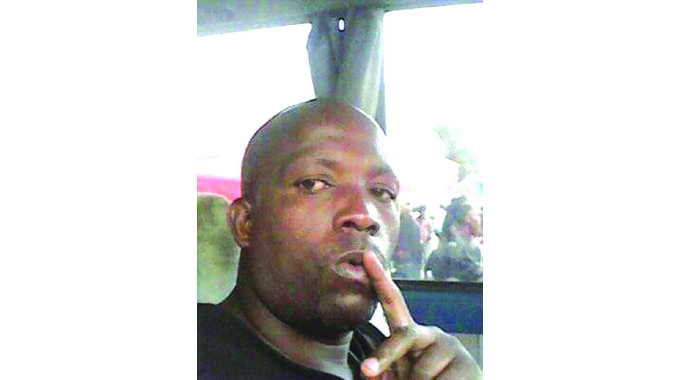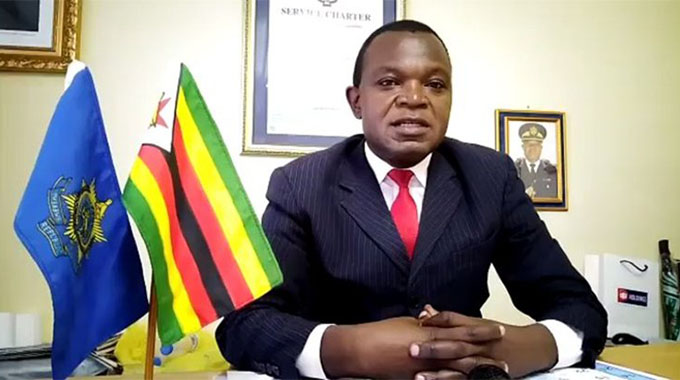Chevrons eye return to action

Robson Sharuko, Senior Sports Editor
THE Chevrons could become the first Zimbabwean national sports team to plunge back into action, as early as next month, pending clearance from the Government for resumption of such competitions.
The Afghan cricket team are scheduled to tour here, the first country to do so since international sport around the world was halted in March, amid the Covid-19 outbreak.
Cricket Australia have also confirmed their full summer season will go ahead and will get underway with a three-match ODI series against Zimbabwe on August 9.
The ICC Men’s T20 World Cup, scheduled for Australia in October, remains on schedule as the country has been lauded as one of the nations, around the globe, which have had the most effective containment of the spread of Covid-19.
“While acknowledging the difficulty in navigating a global pandemic, we are nonetheless encouraged by the progress Australia is making in combating the coronavirus and the positive impact that is having on our ability to host an exciting summer of cricket in 2020-21,” Cricket
Australia chief executive, Kevin Roberts, said in a statement.
“We know that circumstances or events beyond our control could mean that the final schedule potentially may look different to the one released today, but we’ll be doing everything we can to get as much international cricket in as possible this summer.
“We will communicate any changes to the schedule if or when they are required.”
Zimbabwe Cricket chairman, Tavengwa Mukuhlani, told The Herald yesterday the decision by authorities, to open a window for sporting disciplines considered low risk by the Government, had provided a rainbow of hope for their possible return to international competitions.
Mukuhlani, however, emphasised the decision — whether those international engagements will go ahead or not — will depend solely on Government advice and clearance for the national teams to do so.
For now, the Sports and Recreation Commission have made it clear that while cricket was one of the low-risk sports codes, matches were not permitted.
This means cricketers can only resume training, pending further clearance being sought and granted by the SRC, and those activities will have to strictly comply with the Government directives meant to stop the spread of Covid-19.
Mukuhlani said they will comply with all the conditions laid out by the authorities and hope to host Afghanistan next month and then also tour Australia.
“We have noted the latest pronouncement by the SRC regarding where our sport stands in terms of the possible resumption of sports activities,’’ he said.
“We are delighted to note that we are one of those sporting disciplines who can have a resumption of their activities, pending certain conditions being fulfilled, and this has opened a window for us to look at our forthcoming international programmes.
“Our acting MD (managing director Givemore Makoni) has been tasked to look at that and see what is possible and what might not be possible.
“Obviously, a lot will depend on what the SRC and Government say because we are a compliant organisation but, because there is small window that has opened, it has helped us to look at the possibility of hosting Afghanistan in July and then also touring Australia.
“Since the Government has absolute control, this means that if we get the go-ahead to host Afghanistan, our visitors will have to go into quarantine when they get here and tests performed before the matches can get underway.’’
The International Cricket Council have also provided guidelines where players and umpires will have to observe “social distancing,’’ on and off the field.
Unlike in the past, players will not be allowed to hand over personal items such as caps, sunglasses and sweaters to the umpires.
Once they have had any contact with the ball, the players will have to use hand sanitisers regularly while umpires should consider wearing gloves to handle the ball.
The ICC document, titled “Guidelines On Return To Cricket,’’ defines conditions in which international, domestic and community cricket could be played.
Crucially, says the ICC, the guidelines will need to work in synergy with Government directives in individual countries on resumption of cricket. No saliva should be applied to the ball.
“Players and umpires should maintain social distancing on the cricket field and that includes no handing over of player items (cap, towels, sunglasses, jumpers) to the umpire or teammates,” the ICC said.
“Consider adopting a process that will assist the bowler in managing his/her items. Umpires may also be encouraged to use gloves when handling the ball.”
The ICC notes the ball “is a potential transmission medium” and there had to be “rules” governing the “management” of the ball and the guidelines “provide players with clear guidance on the safe management of the ball”.
“This will include regular hand sanitising when in contact with the ball; do not touch eyes, nose, and mouth after making contact with the ball; saliva should not be used on the ball.” The traditional “celebrations with body contact” are discouraged, said the ICC, while social distancing has to be enforced, even during training sessions. The players can no longer share drinks or drink bottles, equipment and even towels.
“Participants, in particular umpires, match referees and support staff may be considered vulnerable individuals that are at higher risk of severe illness due to CV-19,’’ the ICC said.
“This includes older individuals (approx. 60+) and people of any age with underlying medical conditions such as cardiac, kidney, diabetes, obesity, weak innate immunity, etc.
“Cricket is officiated by umpires on the field of play and their health and well-being needs to be taken into full consideration as they spend the greatest amount of time in close proximity to players.”








Comments